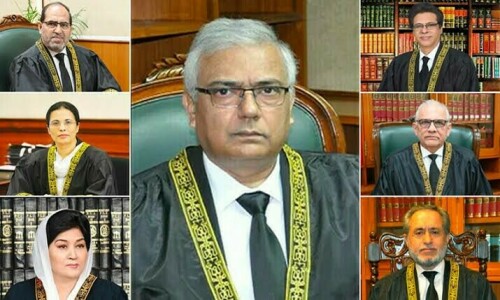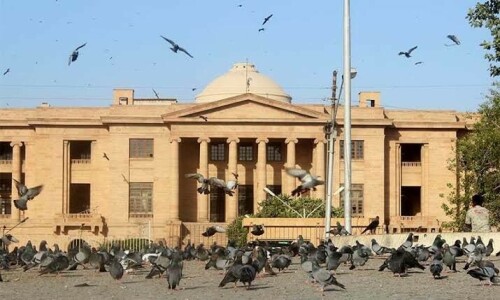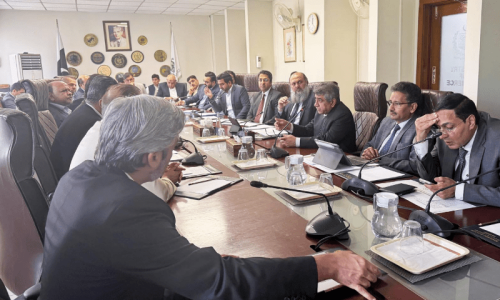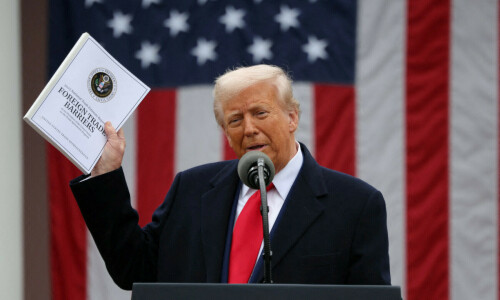UN says Pakistan must stop executions

GENEVA: The United Nations on Wednesday urged Pakistan to reinstate its moratorium on the death penalty, condemning a recent surge in executions.
The plea came as the number of people executed in Pakistan rose to 182 since a moratorium was lifted in December last year, according to the UN Office of the High Commissioner for Human Rights.
Some 8,000 people are currently on death row in Pakistan, said the OHCHR, whose statement came after two murder convicts were executed by hanging following a one-month break during the Muslim holy month of Ramadan that ended in mid-July.
Read: Two prisoners hanged in Multan as Ramazan moratorium ends.
“I reiterate my previous call to Pakistan to continue the moratorium on actual executions and to put in place a legal moratorium on the death penalty, with a view to its abolition,” said the UN Special Rapporteur on extrajudicial, summary or arbitrary executions Christof Heyns.
“Several other executions may take place in the coming days, and most of them fall short of international norms,” Heyns said.
The OHCHR said at least two of those on death row had severe disabilities.
“We call on the authorities of Pakistan to protect the right to health of Abdul Basit and Khizar Hayat, and other inmates in death row with severe psychosocial disabilities,” said the UN Special Rapporteur on the right to health, Dainius Puras.
The European Union and human rights campaigners have previously urged Pakistan to reinstate the moratorium.
Pakistan lifted the ban on executions, which had been in place since 2008, following a Taliban attack on a school in Peshawar that killed more than 150 people – mostly children – in the country's deadliest ever terror attack.
The death penalty was initially reserved for terror convicts but was extended to all capital crimes in March.
Critics say Pakistan's criminal justice system is marred by police torture and poor legal representation, meaning many of those now facing execution have not had a fair trial.












































